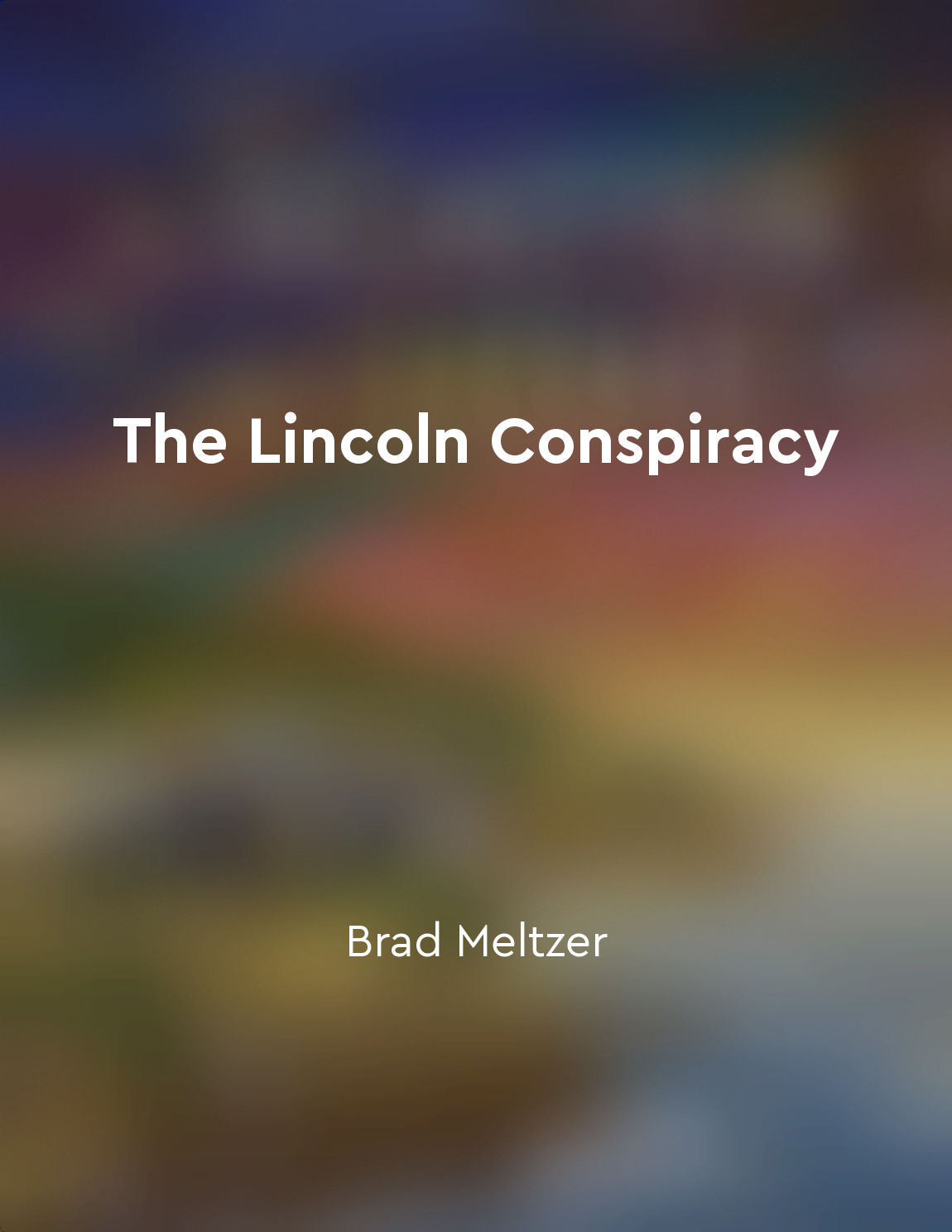Different perspectives enrich our understanding of history from "summary" of What is History? by E. H. Carr
E. H. Carr argues that history is not a fixed, objective truth, but rather a constantly evolving and contested narrative. He emphasizes the importance of considering multiple perspectives to gain a more comprehensive understanding of historical events. Each historian brings their own biases, assumptions, and interpretations to their work, which shape the way they construct and interpret the past. By examining history from different viewpoints, we can uncover a more nuanced and complex understanding of the past. This means looking beyond traditional sources and narratives to consider alternative voices and experiences. For example, marginalized groups whose stories may have been overlooked or silenced in dominant historical accounts. Furthermore, different perspectives can shed light on the limitations and biases of each interpretation, prompting us to critically evaluate the evidence and arguments presented. This process of questioning and challenging established narratives is essential for a more accurate and inclusive understanding of history.- By embracing diverse perspectives, we can enrich our understanding of history by uncovering hidden narratives, challenging established interpretations, and gaining a more nuanced and complex view of the past. This approach allows us to move beyond simplistic and one-sided accounts towards a more comprehensive and inclusive understanding of the historical record.
Similar Posts

Mary Todd Lincoln's suspicions
Mary Todd Lincoln was no stranger to heartache. Losing her mother at a young age, she would later endure the deaths of three of...
Wood reveals secrets
Wood is a material that has been used by humans for centuries, serving various purposes from building shelter to creating art. ...
Explanation of common errors and how to avoid them
The concept of avoiding common errors is crucial for success in competitive exams. These errors can range from simple mistakes ...
Historicists are not open to empirical testing
Historicists, according to Popper, are not open to empirical testing. This means that their theories are not falsifiable in the...
Politics is about power
Politics is about power. It always has been and always will be. From the earliest days of civilization to the present moment, p...
History is a mirror reflecting our past
In the depths of the past lie the seeds of our present. History, like a mirror, reflects the images of our ancestors, their tri...
Black bodies are often dehumanized by society
The world had always told us we were not fully human. We were reduced to mere bodies, stripped of our individuality and humanit...

